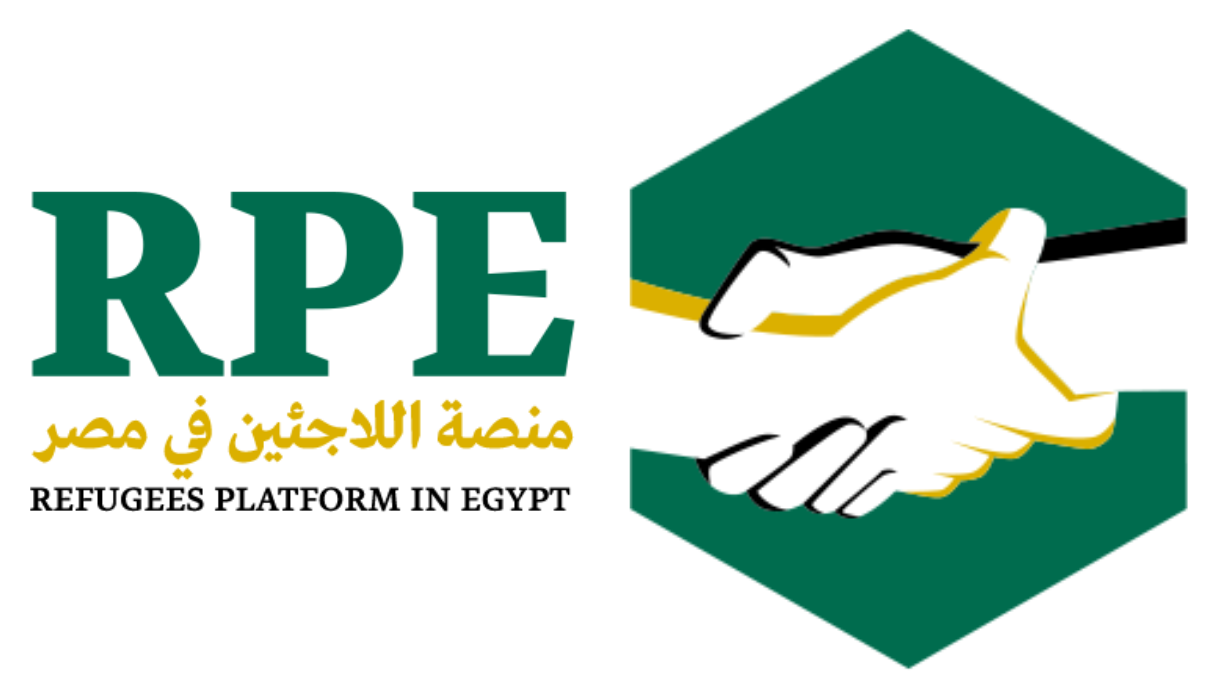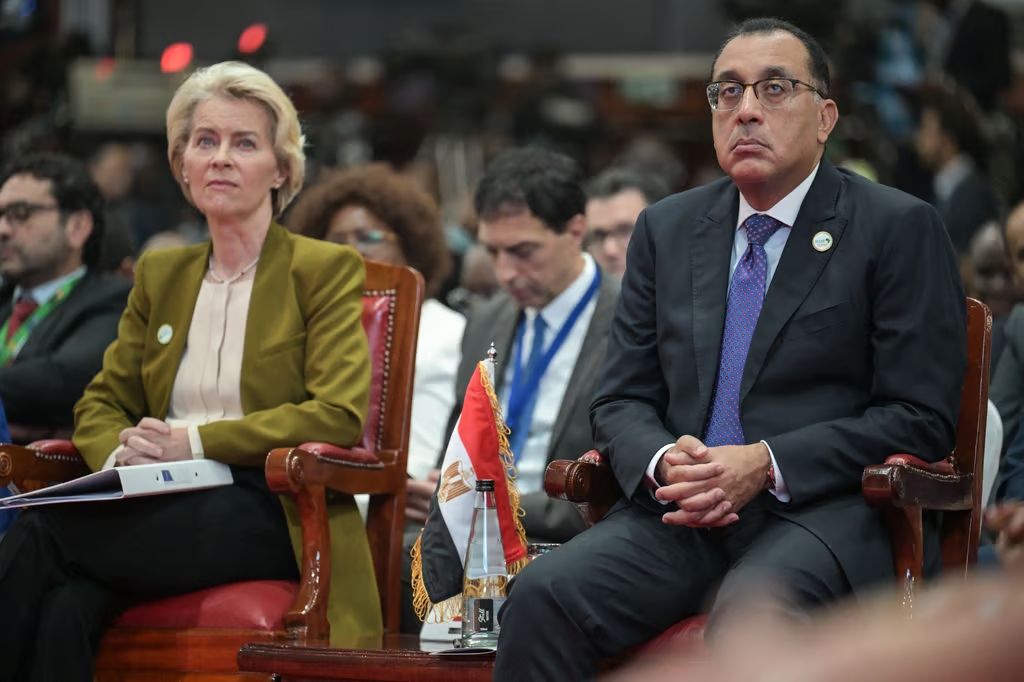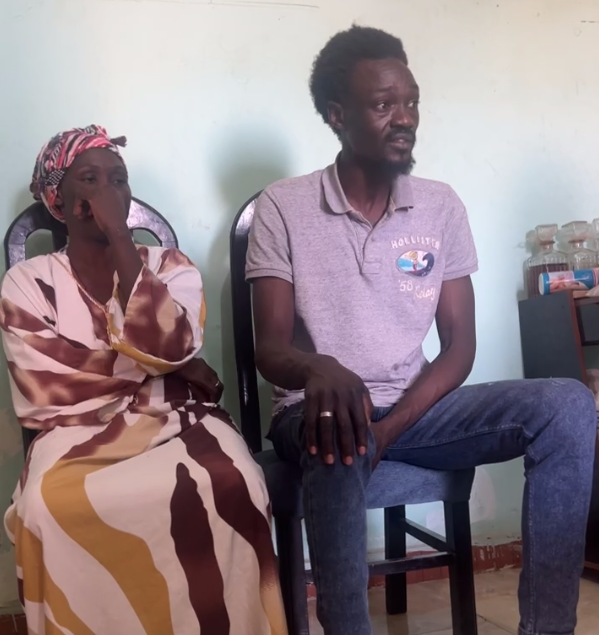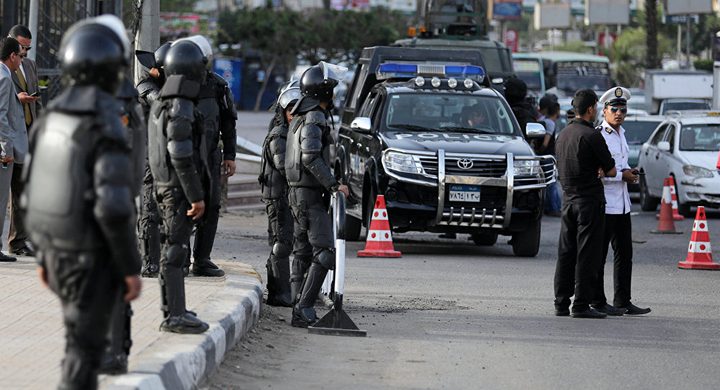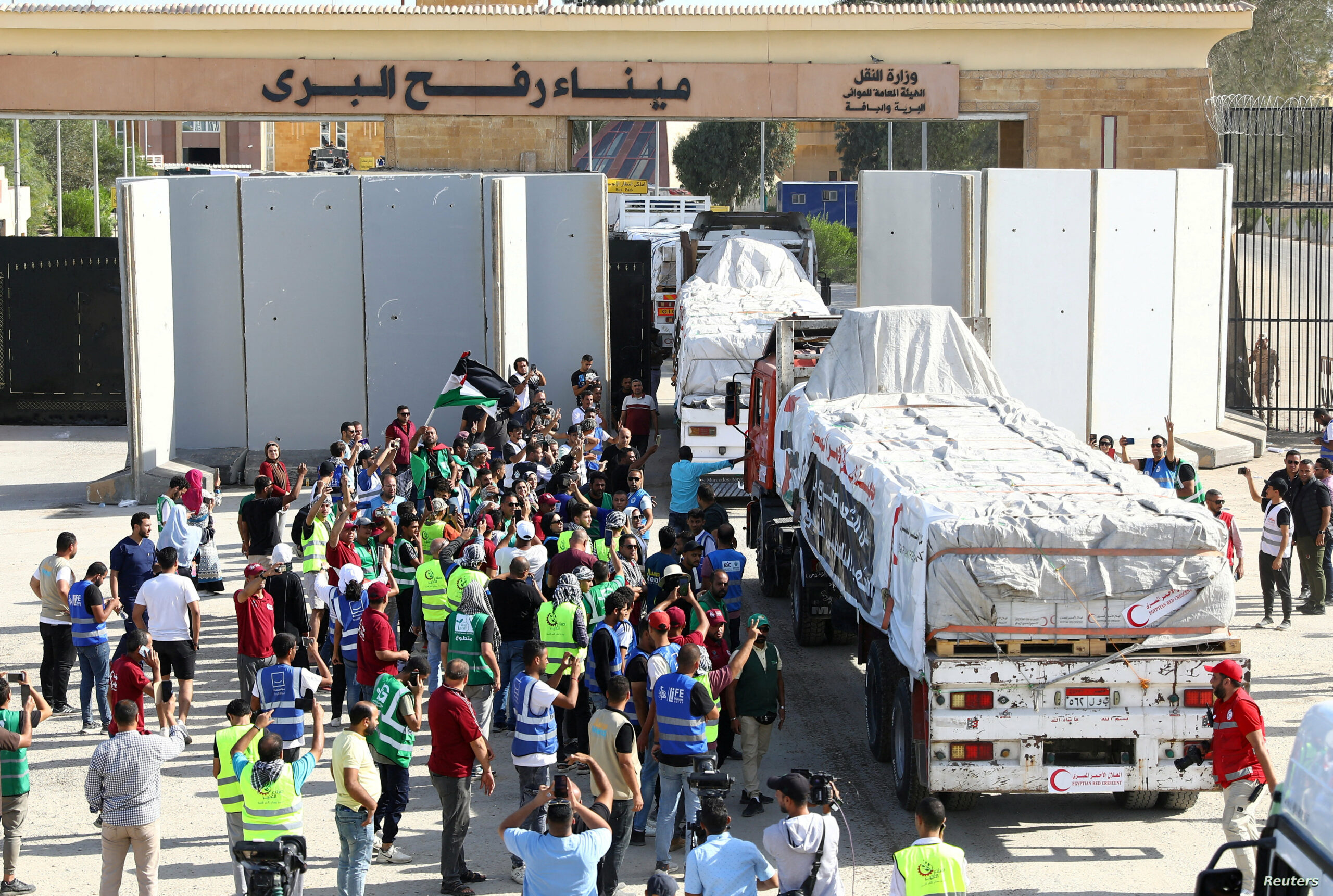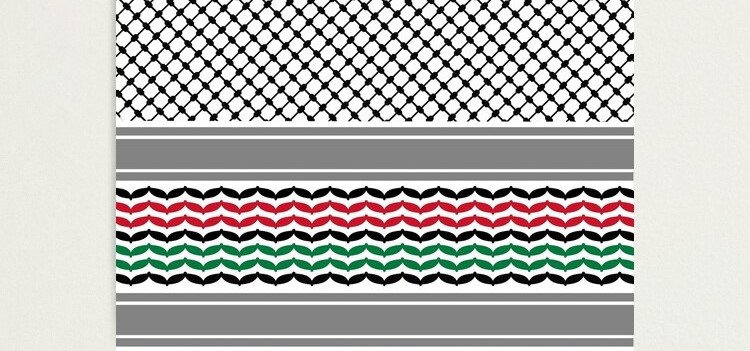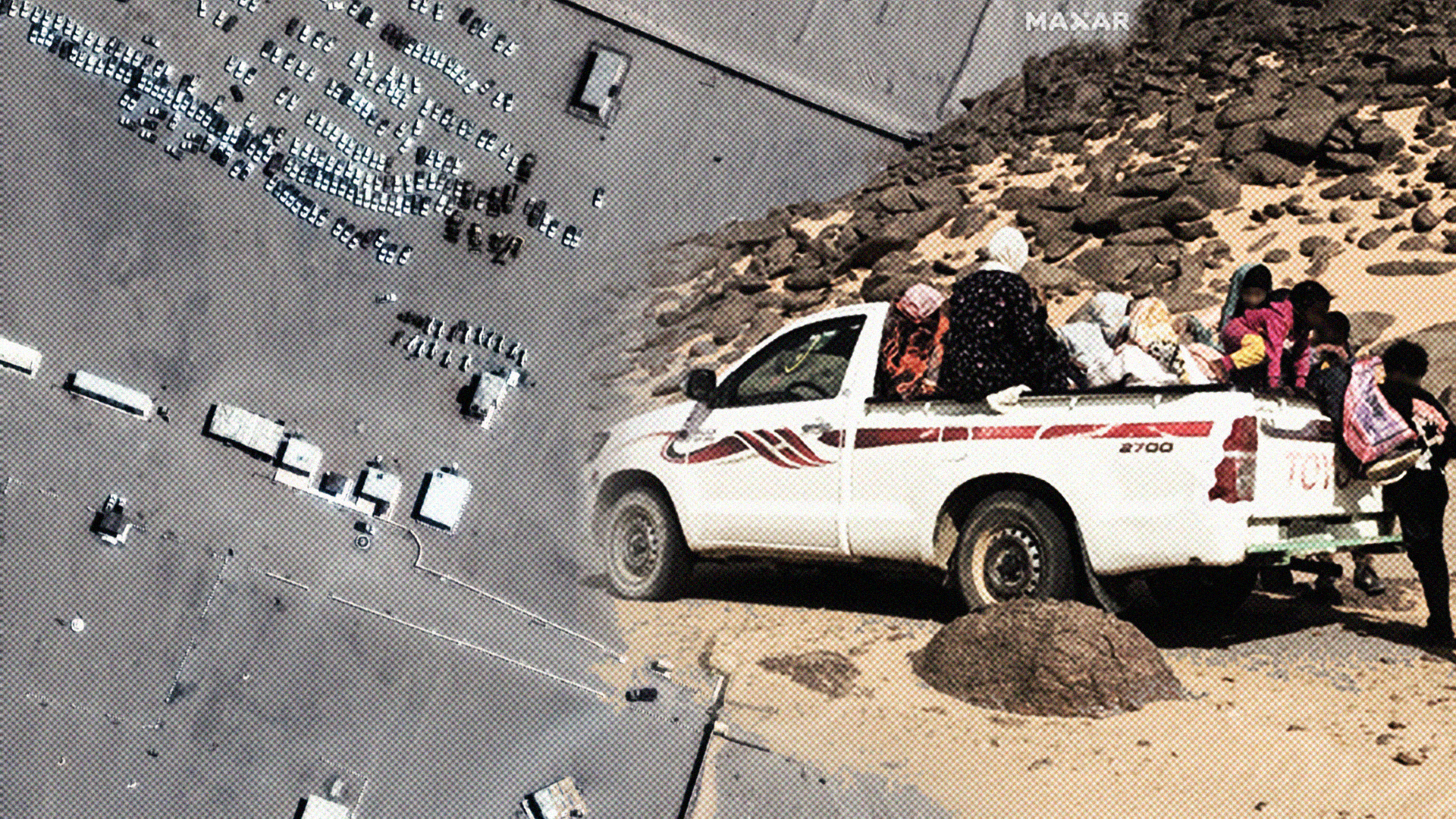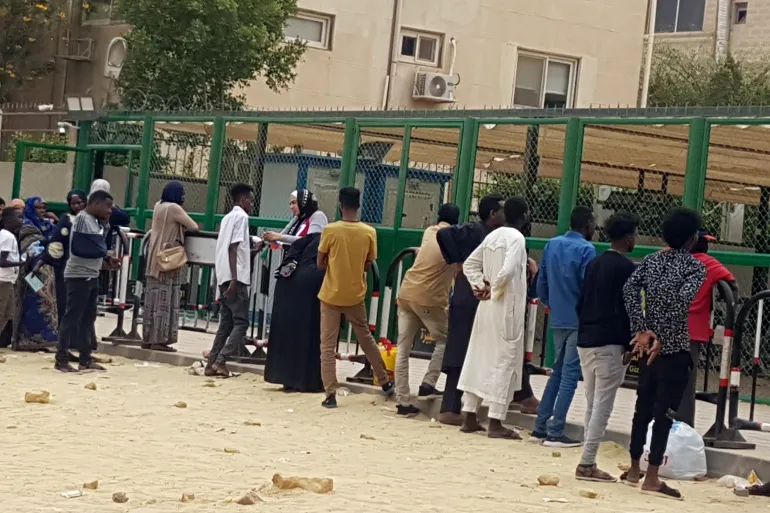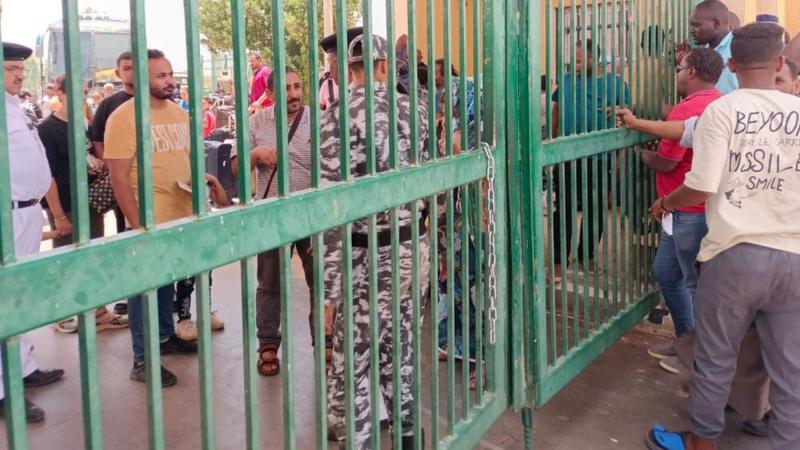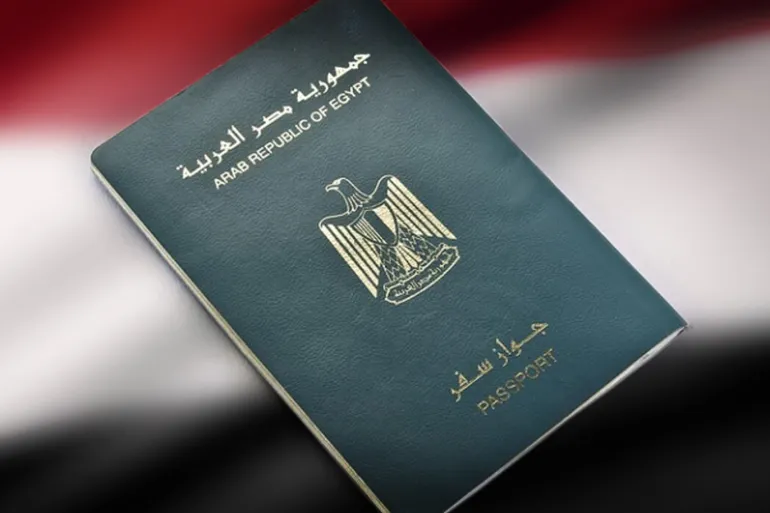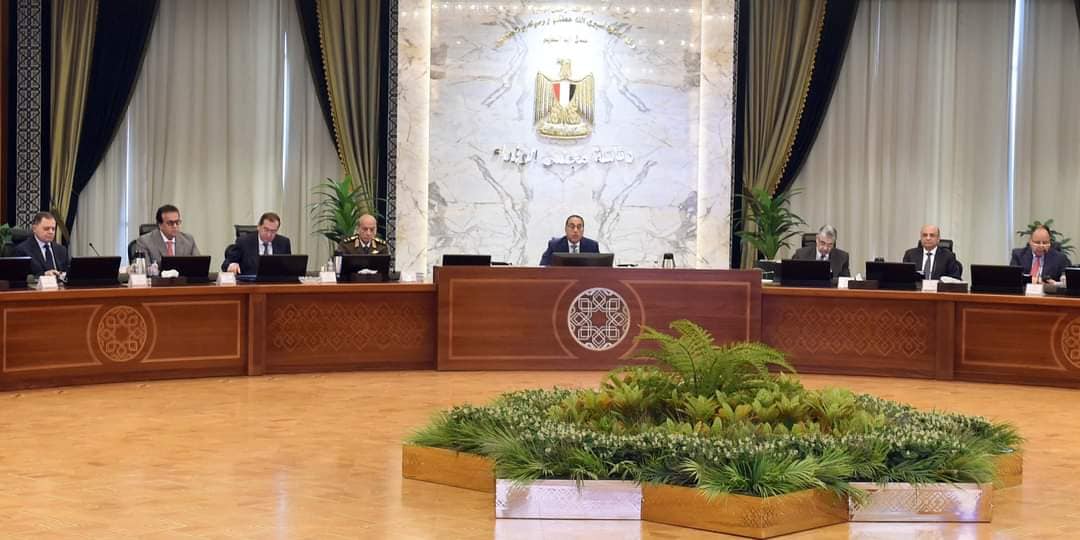Position statement from the Refugees Platform in Egypt (RPE) ahead of the visit of the Prime Ministers of Belgium, Alexander De Croo, Greece, Kyriakos Mitsotakis, and Italy, Giorgia Meloni, as well as the President of the European Commission, Ursula von der Leyen to Egypt on Sunday, March 17th, to enhance the partnership between the European Union and Egypt in several areas, particularly in the area of “curbing migration.”
On Sunday, March 17th, President of the European Commission, Ursula von der Leyen, will travel to Egypt alongside the Prime Ministers of Belgium, Alexander De Croo, Greece, Kyriakos Mitsotakis, and Italy, Giorgia Meloni, to continue talks with Egypt’s totalitarian President, Abdel Fattah El-Sisi, regarding a deal that could bring in EUR 7.4 billion to the country within the framework of “supporting the country’s economy and curbing migration,” according to the Financial Times newspaper.
By the beginning of February, the European Commissioner for Neighbourhood and Enlargement, Olivér Várhelyi, informed the Egyptian Minister of Foreign Affairs, Sameh Shoukry, over a phone call of the European Union’s approval to provide Egypt with additional funds. Some details regarding the deal were discussed in Brussels in January during the 10th EU-Egypt Association Council meeting.
The anticipated deal expected to be announced in Cairo is the latest in a series of agreements between the European Union and North African countries to provide financial support and political backing in exchange for restricting freedom of movement. The European Union states that the strategic partnership with Egypt is built on six pillars of “common interest,” as outlined by Várhelyi and Egyptian Minister of Foreign Affairs Sameh Shoukry on January 23rd. These pillars include political relations, economic stability, investments and trade, migration and mobility, security, and demographics, with a particular focus on cooperation in the energy sector.
In terms of the financing figures and stated objectives, these agreements represent typical examples of strategic partnerships aimed at creating trading partners who work by proxy in North African countries (especially Egypt), and providing funds in exchange for restricting the freedom of movement of migrants. This reflects a new expansion in policies to extend European borders towards the Southern Mediterranean and Africa. All of this is presented under the guise of EU support for the development of these countries, using short-sighted propaganda language that narrowly focuses on “combating irregular migration,” “reducing migration,” or “border control.”
The Issue of Irregular Migration in Egypt
What the countries that partner with or fund the Egyptian regime to achieve economic stability or establish control over migration and borders fail to acknowledge is that Egyptian policies are the main driver of Egyptians’ quest to escape the political and economic hell created by the current regime. This hell involves a clampdown on freedom of speech and expression, targeting civil society components through security measures, and serious violations that have targeted activists, politicians, and journalists. These violations have become a pattern and policy of action by security agencies in Egypt.
Additionally, there is control over media outlets, legislations supporting cover-ups of crimes and allowing criminals to escape accountability and punishment, all the way to the interference of military and governmental institutions’ in all Egyptian productive sectors, hindering productive processes and restricting spending to projects that do not contribute to maximizing the country’s national income. This has led to disruptions in the labor market and created a sense of hopelessness and fear among Egyptians, pushing the youth to seek a better life and future elsewhere.
On the other hand, Egyptian authorities have adopted and implemented security-oriented methodologies at the policy and practice levels over the past years thanks to European funding in the field of “migration control and border management.” These methodologies relied on criminalization, tightening sanctions, border militarization, and suppressing civil society working in the field of migration. They also targeted local border communities, leading to an escalation of human rights violations at the borders and within cities under the framework of “combating irregular migration,” without any opportunity for accountability and prosecution for crimes committed by state employees. This includes “enforced disappearance, torture, detention in extremely poor detention facilities, and continuous violations of fair trial conditions,” without legal protection or avenues for justice for victims and survivors in cases of irregular migration and human trafficking.
The situation created by the Egyptian regime and consecrated over the past years has led to an increase in the rate of youth seeking an escape. The persistent security-oriented response has made migration more perilous for people on the move, increasing the risks on their lives and rights, while failing to address the real problem. This is evidenced by the International Organization for Migration’s (IOM) observation regarding the increase in migrant flows from Egypt to Libya in 2022, with nearly 10,000 Egyptians and other nationals crossing monthly, including unaccompanied minors.
Moreover, this European intervention cannot be isolated from the escalating waves of xenophobia and hostility towards foreigners and refugees. These sentiments have transformed into escalating organized campaigns, adopted by decision-makers and used to leverage further negotiations, support, and approval of European agreements and associated Egyptian decisions. This casts doubts on Europe’s deliberate ignorance of repressive policies while simultaneously reinforcing them through security and financial support to militarize Europe’s southern borders. Consequently, the financial interventions of the European Union and others become complicit in these crisis-making policies, which severely violate human rights.
It is worth mentioning the explicit statement of the Egyptian Minister of Foreign Affairs, Sameh Shoukry, who stated that “Egypt’s defense is vital for Europe, especially concerning the prevention of irregular migration across the Mediterranean Sea. Since 2016, the Egyptian Navy has successfully prevented migrant boats from departing towards Europe, which is considered crucial for Egypt’s European partners.” This statement came in response to Germany’s intention to restrict arms sales to Egypt due to human rights violations.
The Impact of Current EU-Egypt Partnership and Funding Regarding Migration and Borders
Over the decade governed by Sisi, Europe has succeeded in reducing the exit of irregular migrants from Egyptian territories through robust security partnerships with Egypt. However, it has not cared about the oppressive manner of migration control or addressing its causes in the first place, nor has it prevented the departure of Egyptians. Instead, it has succeeded in redirecting their exit routes through other countries, which are even more dangerous than the ones taken before. Thus, the European partnership with Egypt has both reinforced human rights violations and displayed indifference towards migrant boats simultaneously.
The European Union’s funding for Egypt in the realm of borders and migration, in addition to imposing its agenda by extending borders and emphasizing their militarization, has contributed to further serious human rights violations in Egypt. This is primarily because Egyptian authorities, including the military, police, and law enforcement agencies under the current regime, have become unprecedentedly repressive, with no existing mechanisms to ensure the prevention of violations or accountability of those responsible for them in case they occur, thus undermining justice.
In June 2022, before the European Union had signed a decision to fund the Egyptian Coast Guard with EUR 80 million, the RPE issued a position paper. The paper discussed concerns regarding human rights and the successive failures in search and rescue operations, and the provision of necessary protection for migrants and refugees, whether at the borders (maritime or land) or within the country.
It is noteworthy that the provision of international aid to Egypt regarding migration and asylum coincides with Egyptian tightening operations, leading to high-risk irregular migration, as seen in the Sudanese case. The European Union allocated EUR 25 million worth of humanitarian aid to assist the most vulnerable among refugees and asylum seekers in Egypt. The EU’s humanitarian funding covers two main sectors: emergency education and basic needs such as food, water, sanitation, and hygiene products. However, Egypt had tightened entry procedures for Sudanese nationals, even for those allowed entry under the Four Freedoms Agreement. This has further fueled irregular migration, with all its associated risks of theft, extortion, and death.
Egyptian Regime’s Fabrication of Refugee Numbers and Hosting Costs for Financial Gain
Recently, government officials have repeatedly announced that the number of refugees in Egypt has reached 9 million refugees. However, the Egyptian authorities have not disclosed their census method or specified their definition of refugees. The RPE has previously clarified that the registration process for refugees and asylum seekers in Egypt is conducted solely through the United Nations High Commissioner for Refugees (UNHCR) based on the memorandum of understanding signed between the Egyptian government and the UNHCR in 1954. Therefore, the UNHCR is the sole entity authorized to announce the number of registered individuals. In its latest statistical report on February 29th, 2024, the UNHCR announced that Egypt hosts more than 539,000 registered refugees and asylum seekers from 62 countries, including 267,227 refugees from Sudan, 155,825 from Syria, 40,346 from South Sudan, 34,078 from Eritrea, 17,884 from Ethiopia, and 24,596 from other nationalities.
Notably, there is a significant discrepancy between what the UNHCR tallies and what Egyptian officials announce. Considering Egypt’s consistent link between the refugee issue and financial aid, this may explain the desire to maximize the numbers of what the regime calls “refugees”. The Egyptian regime probably declares numbers that include foreigners residing legally in Egypt legally along with the numbers of registered refugees. There are legal and administrative differences in dealing with foreigners, refugees, and asylum seekers.
Further Extension of Deadly European Borders in North Africa
The “migration Control” agreements concluded by the European Union with third countries, even if serious about ensuring compliance with human rights, have shown that the European Union lacks the tools to enforce, monitor, or independently evaluate the issue.
In recent years, the European Union’s approach, which was somewhat balanced in terms of responsibility, has shifted somewhat towards a racist stance in its policies towards countries in the Global South, abandoning human rights and ethical responsibilities and exclusively focusing on fortifying Europe and extending its borders by funding repressive regimes, such as in Libya and Egypt.
What’s even more shameful is that it has contributed to exacerbating the root causes of migration from those countries, pushing people into making even more perilous journeys, and resulting in countless deaths and human rights violations. Despite spending billions of euros, it has failed to achieve its stated objectives of reducing migration or fostering stability in partner countries.
Following the European-Tunisian strategic partnership agreement on the economy aimed at “enhancing efforts to curb irregular migration” in July 2023, President of the European Commission, Ursula von der Leyen, stated that the agreement could serve as a model for other countries. Despite subsequent Tunisian failures in border control, apparently, Egypt wasn’t far behind. With the military aggression on Gaza, the European Union has decided to expedite financial support to Egypt amounting to EUR 10 billion, in addition to investments totaling EUR 9 billion. This anticipated visit comes in this encouraging context to an authoritarian regime on the local level, which is similarly authoritarian in its dealings with refugees within Egypt, whether through arrest campaigns, deportation, or racist attacks on refugees, which is what the RPE constantly documents.
The Refugees Platform in Egypt Calls on the EU to:
- Conduct specific accountability processes regarding agreements signed with the Egyptian side and focus on human rights issues in dealing with migrants and refugees once they fall under Egyptian authority, including protection issues and the efficiency of migrant rescue operations.
- Perform pre-assessment of the feasibility of future agreements.
- Conduct assessment at each stage of implementing these agreements, and share these assessments with the public and related actors.
- Prioritize reports from human rights organizations and working groups on these issues during negotiations, implementation, assessment, and approval processes.
- Cease withholding information about these agreements suspected of involvement in crimes and violations.
We also call on the Egyptian authorities to present the anticipated agreements to specialists, including all relevant details, and to initiate a dialogue involving the communities targeted by the agreements.
The “Refugees Platform in Egypt” reiterates its warnings against the partnership agreements concluded by the European Union with authoritarian regimes in the South Mediterranean. These regimes will not ensure the security of their surroundings as long as they remain solely in control without political participation. Economic failure will continue to drive people to escape the deteriorating conditions, and these regimes will continue to use migration and asylum issues as bargaining chips to pressure Europe into providing funds. They will open borders at a time when Europe shows some stubbornness in the face of their endless demands due to administrative failure and despotism. Financial incentives will not succeed in shielding the European Union from the risks of the repercussions of these dangerous policies if local policies continue to push the people of the region towards it.
